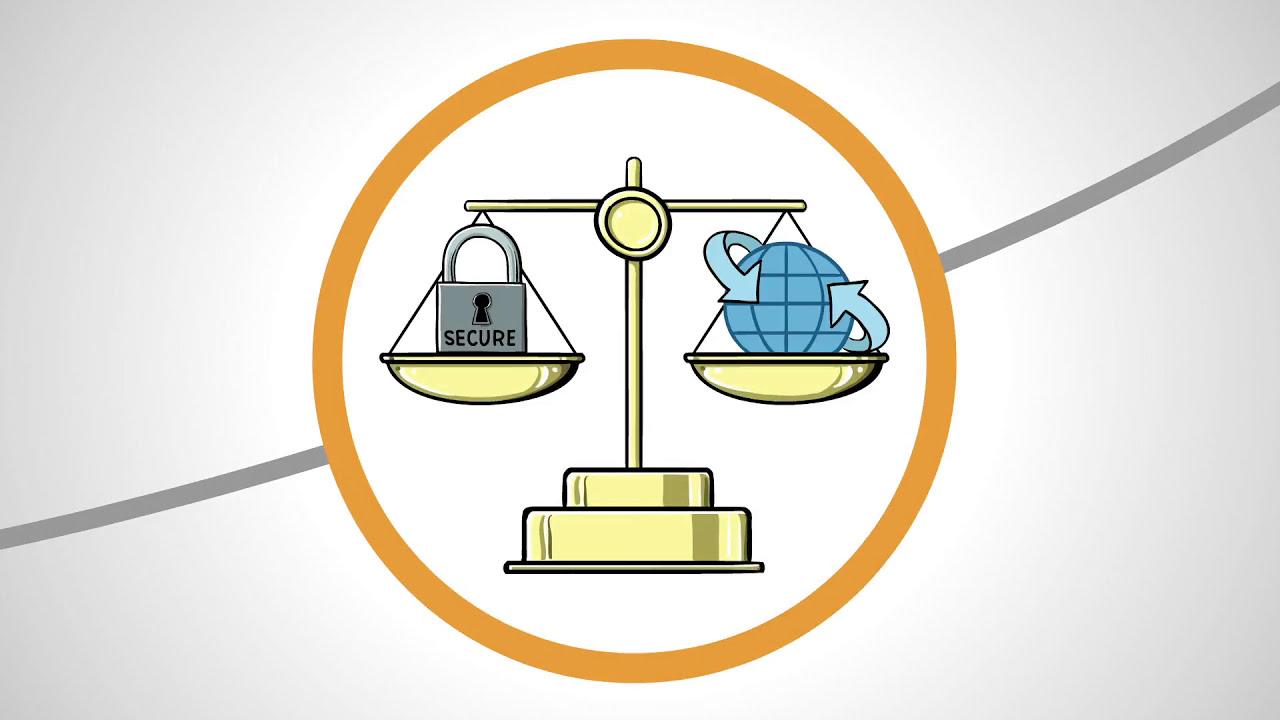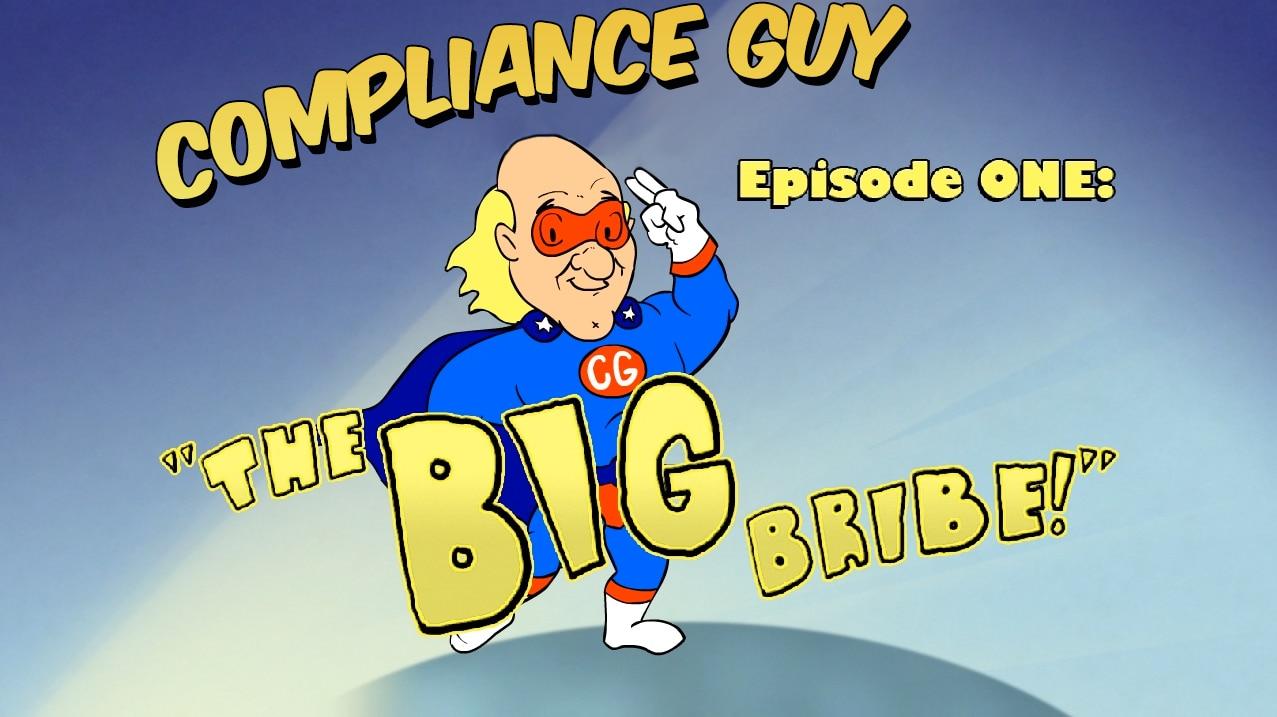
In today’s digital age, where creativity knows no bounds and influence can be measured in likes and shares, YouTube has emerged as a powerful platform for marketers and content creators alike. As influencers continue to sway consumer behavior with their authentic storytelling and engaging content,the intersection of law and influencer marketing has become increasingly complex. From understanding the nuances of advertising disclosure to grappling with copyright issues, navigating the legal landscape of YouTube influencer marketing requires both vigilance and insight. This article aims to demystify the myriad legal considerations that influencers and brands must confront, ensuring that the art of persuasion remains within the bounds of the law while flourishing in the vibrant world of social media. Join us as we explore the essential legal frameworks that govern this dynamic industry and equip yourself with the knowledge to enhance compliance and confidence in your marketing endeavors.
Understanding Regulatory Frameworks in Influencer Marketing
In the realm of influencer marketing, especially on platforms like YouTube, understanding the regulatory landscape is paramount. These regulations are designed to protect the interests of consumers and ensure transparency in advertising. the Federal Trade Commission (FTC) has established guidelines that influencers must follow to disclose their relationships with brands. This includes appropriately tagging paid content as advertisements and being clear about sponsorships. The rules promote honesty, helping audiences make informed decisions while also preserving the credibility of content creators.
Complying with these regulations can be complex, as they vary by region and may evolve over time.Key components of compliance include:
- Clear Disclosure: Ensure that any paid partnerships are visibly disclosed, using clear language.
- Content authenticity: Maintain the authenticity of content while promoting brands, ensuring it resonates with your audience.
- Understanding Local Laws: Be aware of additional regulations that may apply in specific jurisdictions or on different platforms.
Lack of adherence can lead to severe repercussions, including fines, which is why influencers are encouraged to create an audit trail of all promotional agreements. Below is a simple table summarizing best practices for regulatory compliance:
| Practice | Description |
|---|---|
| Clear Communication | Always disclose sponsorships and partnerships transparently. |
| Audience Engagement | Respond to viewer queries regarding sponsored content. |
| Education | Stay updated on FTC guidelines and compliance practices. |

Building Compliant Campaigns: Key Legal Considerations
When embarking on influencer marketing campaigns on platforms like YouTube, it’s crucial to navigate the myriad of legal considerations that govern advertising and content creation. Transparency is a core component, as influencers must clearly disclose any partnerships or sponsorships within their videos. Using phrases such as “#ad” or “Sponsored” in both the video and description helps maintain this transparency.Additionally, following the Federal Trade Commission (FTC) guidelines ensures that both the brand and influencer are compliant, safeguarding against potential legal repercussions.
Another legal aspect to consider is the protection of intellectual property. Influencers must avoid using copyrighted materials—such as music, images, or logos—without permission, as this can lead to infringement claims. To assist creators in navigating these waters,the following checklist outlines essential legal elements to incorporate into every campaign:
- Clear disclosures: Always inform viewers of sponsorships.
- Copyright checks: Verify permissions for any third-party content used.
- Brand guidelines: Understand and adhere to the brand’s collateral rights.
- Age restrictions: Be aware of content restrictions for minors.
| Legal Aspect | Description |
|---|---|
| Disclosure | Transparency regarding sponsored content. |
| Copyright | protection against using copyrighted materials. |
| Privacy | Compliance with data protection laws. |

Ensuring Transparency: Best Practices for Disclosure
Ensuring transparency in influencer marketing is crucial for building trust between influencers and their audiences. To effectively communicate the nature of their partnerships, influencers should consistently adhere to a few key practices. Always use clear language when disclosing sponsored content; avoid vague terms that might confuse viewers. Opting for straightforward phrases like “Sponsored,” “Ad,” or “Paid partnership” helps to convey the message immediately. Another practice is to place disclosures at the beginning of a video or post, ensuring that the audience sees it before engaging with the content, rather than burying it at the end.
Visual cues can also enhance transparency. Incorporating unique icons or tailoring the design of the disclosures to match the influencer’s branding makes the information more noticeable without detracting from the content. Here’s a simple layout that can be helpful in enhancing transparency:
| Type of Disclosure | Best Practice |
| Textual Disclosure | Use terms like “Ad” or “Sponsored” clearly. |
| Placement | Position disclosures at the beginning of the content. |
| Visual Cues | Incorporate icons or styled text to catch the viewer’s eye. |

Protecting Intellectual property: Rights and Responsibilities of Influencers
As influencers build their brands on platforms like YouTube, understanding the significance of intellectual property (IP) becomes crucial. They must be aware of the various types of IP that might be involved in their content, such as copyright, trademarks, and trade secrets. Properly navigating IP rights ensures that content creators not only protect their own creative works but also respect the intellectual property of others. Here are some key responsibilities influencers should bear in mind:
- Attribution: Always credit original creators when using their content.
- Licensing: Seek permission to use copyrighted materials.
- Originality: Focus on generating unique content that speaks to your audience.
Furthermore,the repercussions of failing to respect intellectual property can be severe. Influencers must recognize that violations can lead to legal disputes, including takedown notices or even lawsuits, which could harm their brand reputation. It is indeed essential for influencers to educate themselves about IP laws relevant to their content and adopt best practices. Incorporating these principles into their workflow can create a more positive surroundings for collaboration and innovation. Below is a simple guide outlining common IP rights and how influencers can protect them:
| IP Right | Description | influencer Responsibility |
|---|---|---|
| Copyright | Protection for original works of authorship. | Get permission for others’ work; create original content. |
| trademark | Guardianship against unauthorized use of brand identifiers. | Be cautious when using names or logos; avoid confusion. |
| Trade Secret | Confidential information that provides a competitive advantage. | Keep proprietary methods and information secure. |
To Conclude
As the digital landscape continues to evolve, so too does the complex web of legal considerations surrounding influencer marketing on platforms like YouTube. Navigating this terrain may seem daunting, but by equipping yourself with knowledge and a proactive approach, you can thrive in this dynamic environment.Understanding the regulations, adhering to transparency requirements, and fostering genuine connections with your audience are not just best practices; they are essential for maintaining credibility and trust.Whether you are an aspiring influencer, a brand seeking partnerships, or a legal professional advising clients, embracing the intricacies of these laws will empower you to create impactful, compliant content. As the journey unfolds, stay informed, remain adaptable, and remember that with the right guidance, the art of influencer marketing can be both rewarding and responsible. With clear ethical boundaries and a commitment to authenticity, you can lead the way in shaping an innovative future for online marketing—one where creativity and legality go hand in hand.